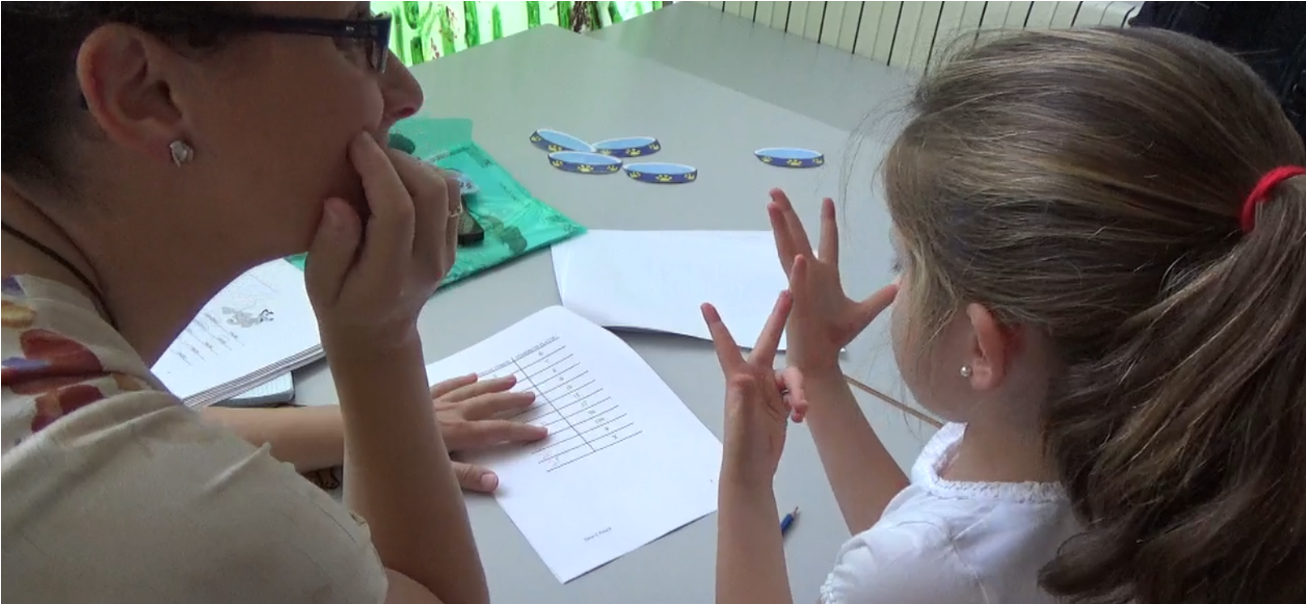description
The projects we have and are carrying out are within the framework of Early algebra, an approach of worldwide current interest, which proposes integrating algebraic thinking in school mathematics from the earliest education levels. We consider that including algebraic elements across the primary education curriculum, or even preschool, is advantageous both for the years the students are in and future ones. It enhances mathematics education while easing the difficulties students face with algebra in secondary education.

This proposal, which is also a line of research, challenges the limitations traditionally assumed in primary education students’ capabilities to work with algebraic elements. Various studies (see background and results of this project in the publications section) have evidenced primary students’ capabilities to reason on functions, properties and structures, identify relations and even generalize, and they show evidence that early experience with tasks involving algebraic elements contribute to later formal learning of these notions. Likewise, it is obvious there is a need for further studies to clarify the descriptors of algebraic thinking at these levels, how they are manifest in the students’ work, what primary education students are capable of doing in relation to this type of thinking and how this thinking develops, to design tasks and methodologies that facilitate classroom work, to study the difficulties which students have and how to help them overcome them, among other aspects.
With the aim of contributing to this line of research, the main methodology we employ is based on teaching experiments, specific to the design research paradigm. Other complementary techniques used are participant observation, semi-structured interviews and written tests. This entail the use of diverse instruments to collect data: video recordings of classroom sessions, student worksheets to complete the tasks, observation sheets of classroom sessions, and audio recordings of the investigator group meetings.
-
The general objectives of our research are:
-
GO1: To describe the components of algebraic thinking shown by primary and preschool education students.
-
GO2: To develop materials, tasks and strategies to favour development of algebraic thinking and help overcome obstacles.
-

The results of our research are useful for studies on Mathematics Education, teaching primary and preschool education and teacher training. On the one hand, they favour consolidation of a novel line of research in Spain and contribute internationally to the preparation of a theoretical model of algebraic thinking development from the early stages. The results provide new knowledge on the components of algebraic thinking related to the capabilities of the students in the education levels studied and how to take them into account in order to promote them. Moreover, understanding how primary education students evidence and develop algebraic thinking helps to design teaching proposals aligned with new national and international curricular guidelines. The project leads to tasks and suggestions for working on algebraic thinking at different education levels, contributing to curricular development and innovation.
Finally, we should highlight that in teacher training, a better understanding of cognitive processes is useful to develop cognitive-based learning. This is of particular interest given that most members of the project are primary education teacher trainers in various institutions.









